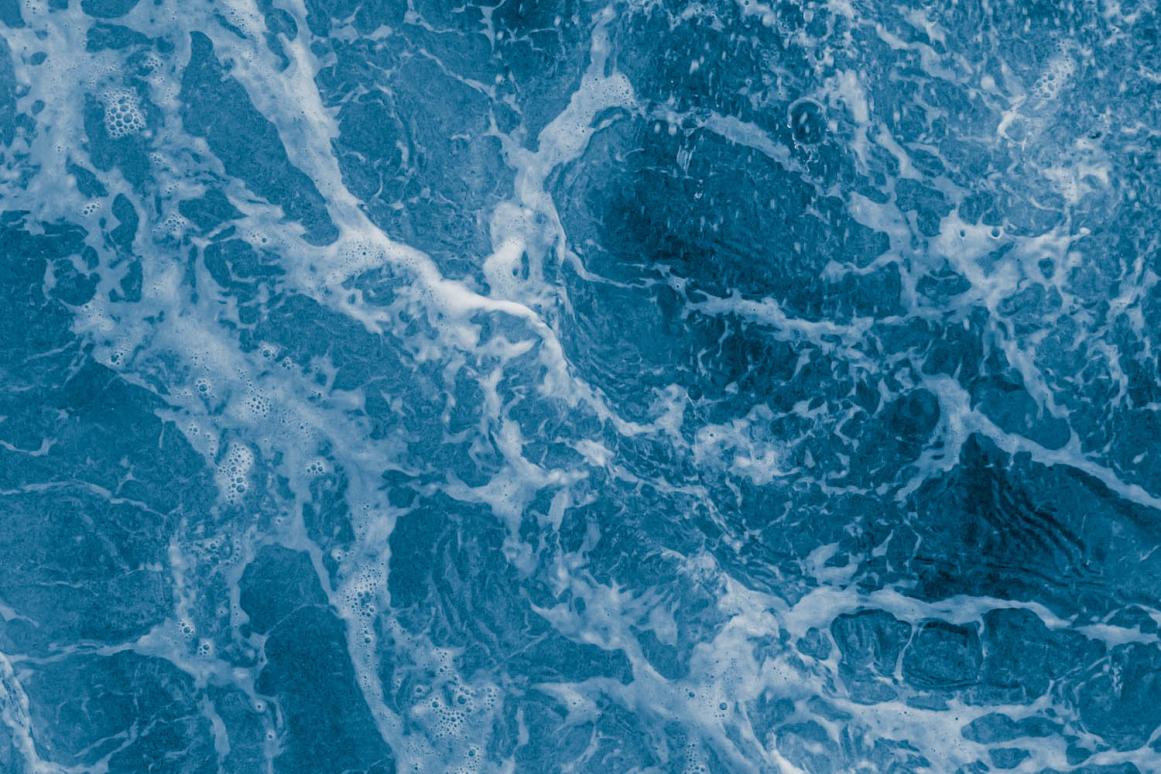HRI Ecosystem Science and Modeling Group Receives National Science Foundation Funding for Upcoming Collaborative Climate Research

A new collaborative project between the Harte Research Institute for Gulf of Mexico Studies (HRI) at Texas A&M University-Corpus Christi (TAMU-CC) and Texas A&M University at Galveston (TAMUG) was recently funded by the National Science Foundation (NSF) Chemical Oceanography Program. The project will examine how freshwater inflow into shallow estuaries impacts how much alkalinity, or acid-neutralizing capacity, sediments generate or take away in these shallow water environments.
Researchers hypothesized that a reduction in freshwater runoff will reduce alkalinity generation in sediments during times such as extreme, extended droughts. This alkalinity is produced via microbially mediated reduction of sulfate ions abundant in seawater. Along with alkalinity generation, hydrogen sulfide is produced and locked away by metals present in the sediment. However, this process could be reversed to produce acid as freshwater inflow dwindles.
“This project and our research on these processes can have important implications toward how coastal environments turn carbon from the atmosphere to the dissolved form and then keep it in the ocean for thousands of years,” said Dr. Xinping Hu, HRI Endowed Chair for Ecosystem Science and Modeling.
This project will examine three estuaries along the northwestern Gulf of Mexico with different amounts of freshwater inputs. The objective is to unravel the connection between these changes and the buildup and breakdown of sulfide in the sediments.
Results from this project will be used in classroom instructions as well as outreach activities such as expanding the curriculum for the NSF National Research Traineeship program at TAMU-CC, as well as developing a teaching model for elementary students during Sea Camp at TAMUG.
The goal of HRI’s Ecosystem Science and Modeling lab is to investigate environmental changes in coastal and estuarine ecosystems due to climate change and anthropogenic activities. Their research provides science-based information for stakeholders and resource managers to adapt and mitigate impacts.
